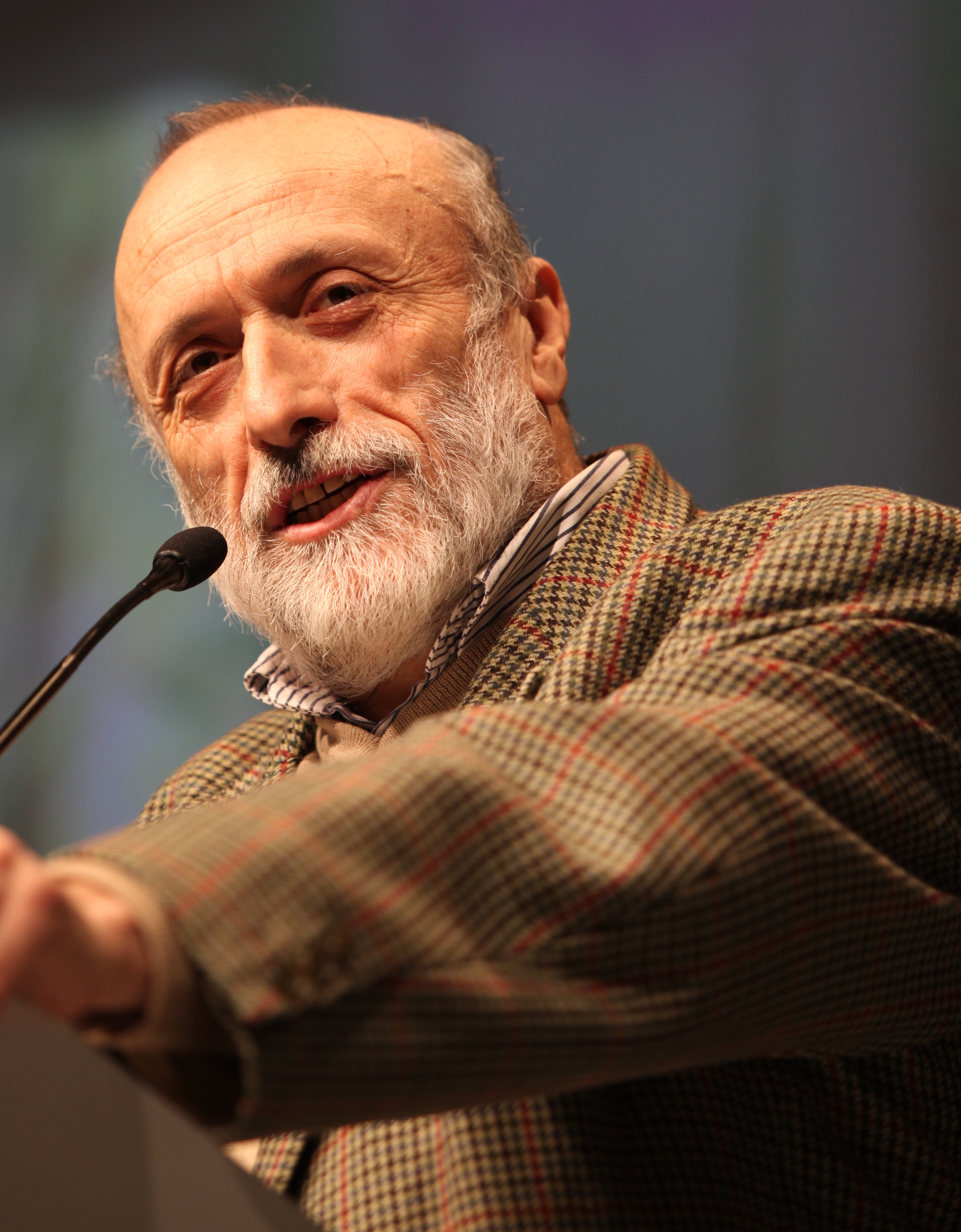Fall in love with the flavors of Italy as you take in the historic sites of Rome, learn to cook in Asti, and live with a family in the southern part of the country. Receive language and culinary training from renowned institutions.
Art
Culinary
Language
Sustainability
Prepare for bold flavors and aromas as you embark on an Italian culinary adventure and learn about the communities, traditions, and cultures that produce the country’s legendary cuisine. This culinary Experiment explores the importance of seasonal, organic, and locally grown foods in different regions. Explore the food cultures of the different regions of Italy as you make your way from Rome, to Florence, to Asti. Whether you’re making pasta, tasting olive oil, or sampling homemade desserts, you will deepen your understanding of the intimate connections between food, culture, and sustainability within the context of Italy and beyond.
Begin with an orientation in Rome where you will receive basic language training and visit ancient sites such as the Colosseum. Next, travel to gorgeous Tuscany, where you will take an introductory Italian class, explore medieval towns. In Florence, the birthplace of the Renaissance, you can see the many famous works of art and historic landmarks throughout the city. Continue practicing your Italian as you share daily life with a local family during your homestay and buy fresh food in outdoor markets.
Travel to Asti and spend eight days at Agenzia di Formazione Professionale delle Colline Astigiane, the prestigious cooking school, where you will learn to prepare traditional Italian dishes including risotto, focaccia, and tiramisu, as well as regional Piedmont specialties like taglierini, agnolotti del plin, and baci di dama cookies, under the guidance of a professional chef. The program’s culinary excursions include a visit to the famous University of Gastronomic Sciences in Pollenzo, agritourism visits to local farms, and an agrigelateria to see how real artisanal gelato is made. Return to Rome to close out the program and reflect on your experience and learnings as a group.
The Experiment’s programs are designed to build skills that will help you succeed. In Italy, you will learn:
Technical Skills
Interpersonal Skills
*Program fees may increase by
$500 -$1000 to account for changes
to lodging accommodations.
Families or partner organizations are also responsible for arranging and paying for participants' domestic travel to the international departure/return airport in the U.S., whether flying, driving or by other means. By its nature, domestic airfare varies by airline, timing, destination, and availability.
The culture is so vibrant and everything in Italy is gorgeous! However, Italy wasn’t about its aesthetic, but rather what it allowed me to learn. For the first time in my life, I was taught, that even with a language barrier, people are all interconnected.
ESTAFANIA, The Experiment alum, Italy
This itinerary is only a sample and is subject to change. Because of factors such as group size and availability of in-country offerings such as festivals, your experience — including sites visited and the number of days spent in each location — may differ somewhat from the one presented below.
Orientation in Rome
During the orientation period, you and your group will stay in a centrally located hotel.
Thematic Focus in Cortona
During this period, you and your group will stay in a centrally located hotel.
Homestay
During this period, you will stay in the home of a family. Sample host communities: Cosenza, Ascoli Piceno, San Sebastiano al Vesuvio.
Thematic Focus in Asti
During this period, you and your group will stay in a centrally located hotel.
Program Reflection and Wrap-up in Rome
During the reflection period, you and your group will stay in a centrally located hotel.
Departure

The Experiment’s group leaders go through a rigorous selection process and have extensive experience with youth education, local expertise in the country or region of their program, language abilities, knowledge in their program theme, travel logistics and management know-how, and experience with health, safety and risk management.

Jen Fowler is an Enginist (engineer + artist) and humble foodie, committed to using her formal training as a writer to raise the volume on global voices. A graduate of the New School and a proud New Yorker, Jen began her career working with adolescents as an ESL teacher in Buenos Aires, where she tutored elementary and high school students. Following her time in Argentina, Jen served in AmeriCorps in Woodbridge, Virginia, teaching U.S. citizenship classes and financial education for high school and adult students. Her time working with youth made her passionate about improving mental health services for adolescents, and she is currently completing her master’s degree in clinical mental health counseling. She is thrilled to return to the Experiment as a group leader this summer, having also supported Admissions and Programs coordination for EIL since 2020. Jen has previously led programs to Japan (2019), the United Kingdom (2018), Argentina (2017), and Italy (2022).
The Experiment's programs are led by accomplished and experienced faculty and staff who typically live in the country of study. Program leaders are responsible for instructional content, classroom and field experiences, and daily program operations.

Carlo Petrini is an Italian journalist and founder of the international Slow Food movement, which has grown globally and today includes millions of people in 160 countries working to ensure that everyone has access to good, clean, fairly raised food.
Signor Carlo, as his colleagues call him, was born in the Piedmont region of Italy, where Slow Food International is headquartered. In 2004, he founded the University of Gastronomic Science, which promotes biodiversity and permaculture. The university is housed in a castle that formerly belonged to the Italian royal family and is now a UNESCO World Heritage site.
The university follows the mission of the Slow Food movement and has students from all over the world.
1015 15th Street NW, Washington, DC 20005
PO Box 676, 1 Kipling Road Brattleboro, VT 05302
P: U.S. 1.800.345.2929 | Intl. +1.802.258.3481
F: 802.258.3427